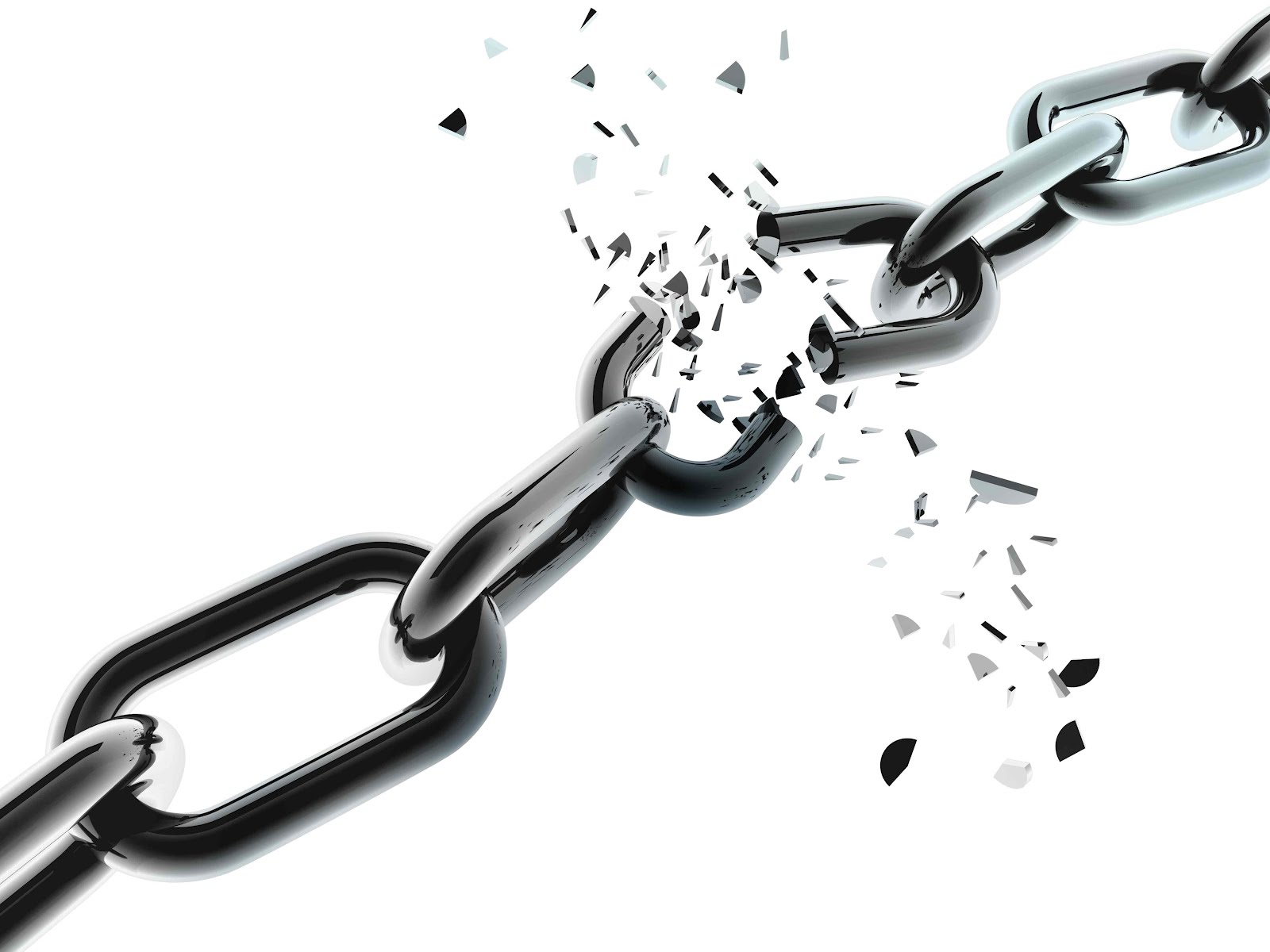By Fr. Paulino Mondo
The difference between the poor and the rich countries is not the age of the country, the color of the people, their size, or even height. This can be shown by countries like India and Egypt that are more than two thousand years old and are poor. On the other hand, Botswana, Canada, and Australia, that one hundred years ago were inexpressive, today are developed countries and are rich. The difference between poor and rich does not reside in the available natural resources. Japan has a limited territory, 80% mountainous, inadequate for agriculture and cattle rearing, but is among the top four of the world’s largest economies. The country is like an immense floating factory, importing raw materials from the whole world, and exporting manufactured products.
Most of the cars we drive in Uganda are from Japan.
Another example is Switzerland, which does not plant cocoa but has the best chocolate in the world. In its little territory, they rear animals and plant the soil for four months per year. Not enough, they produce dairy products of the best quality. It is a small country that transmits an image of security, order, and labor, which made it the world’s strong safety and people of respect.
Executives from rich countries who communicate with their counterparts in poor countries show that there is no significant intellectual difference. Race, skin or color is also not important; immigrants labeled lazy in their countries of origin are the productive power in rich European and American Countries.
What is the difference then? The difference is the attitude of the people, framed along the years by education and culture.
To transform, watch, and put into practice the following five disciplines:
- Ethics as a basic principle is easily ignored. That is the moral values, human conduct, and rules that ought to govern production are overlooked. The moral fitness of any decision taken has consequences.
- Integrity which is adherence to the moral principle of honesty, sound judgment, holistic vision, and long-distance focus is compromised with immediate profit.
- The responsibility that supports one to plan with authority and control; and allows us to be accountable to our actions and rational decision without supervision is a non-issue.
- Respect to the laws and rules which creates esteem and thus bringing honor to self, work, and the products. This goes hand in hand concerning the rights of other citizens in what one does for the community respects the common good.
- Work loving people is another advantage, the poor tend to postpone the assignments of today to tomorrow thus trapping themselves in lateness. Their attitude is of those born tired. The policy of striving to save and invest is nonexistent in mind and vision of most poverty-stricken citizens. The will of super action in whatever is done needs smart thinking, persistence, and punctuality in reporting and delivering the item in demand.
It is not enough to beat the deadline but to deliver quality work on time. Most of us still lag behind the schedule even when we know what needs to be done. In poor countries, some people jump the mess and start celebrating their success stories. We need to follow these basic principles in our daily life but also to perform above average.
We are not poor because we lack natural resources or because nature was cruel to us; we are poor because we lack attitude. We lack the will to comply with and teach these functional principles of rich and developed societies. If you love your country, start changing your attitude, provoke a major quantity of people to reflect on this situation and start to learn to alleviate poverty otherwise misery will be here to stay.




